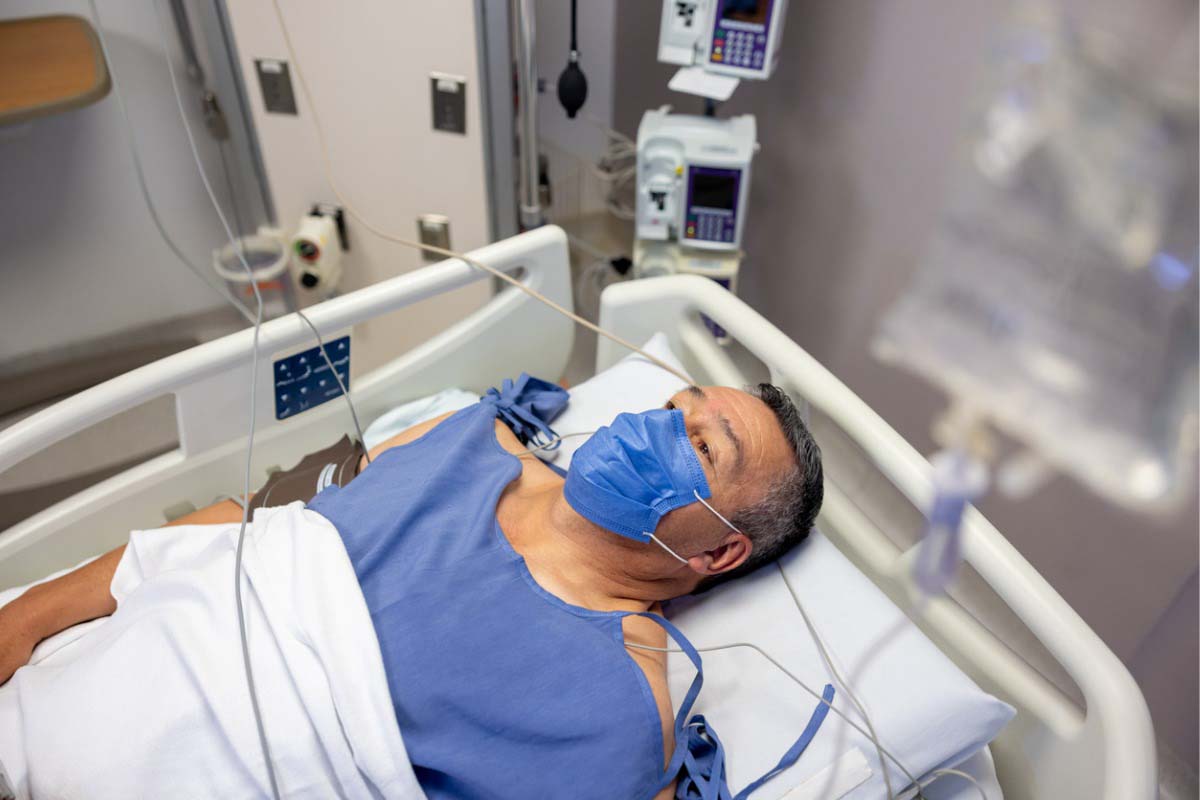Background: Delirium is an organic psychiatric syndrome characterized by fluctuating consciousness and impaired cognitive functioning. High-potency typical neuroleptics have traditionally been used as first-line drugs in the treatment of delirium. However, these drugs are frequently associated with undesirable adverse events including extrapyramidal symptoms (EPS). The purpose of the present open-label, flexible-dose study was to provide preliminary data on the usefulness and safety of quetiapine for patients with delirium.
Method: Twelve patients with DSM-IV delirium were treated with flexible doses of open-label quetiapine (mean ± SD dosage = 44.9 ± 31.0 mg/day). To evaluate the usefulness and safety of quetiapine, scores from the Delirium Rating Scale, Japanese version, were assessed every day (for 1 outpatient, at least twice per week), and scores from the Mini-Mental State Examination, Japanese version, and the Drug-Induced Extrapyramidal Symptom Scale were assessed at baseline and after remission of delirium. Data were gathered from April to October 2001.
Results: All patients achieved remission of delirium several days after starting quetiapine (mean ± SD duration until remission = 4.8 ± 3.5 days). Quetiapine treatment was well tolerated, and no clinically relevant change in EPS was detected.
Conclusion: Quetiapine may be a useful alternative to conventional neuroleptics in the treatment of delirium due to its rapid onset and relative lack of adverse events. Further double-blind, placebo-controlled studies are warranted.
Enjoy this premium PDF as part of your membership benefits!





